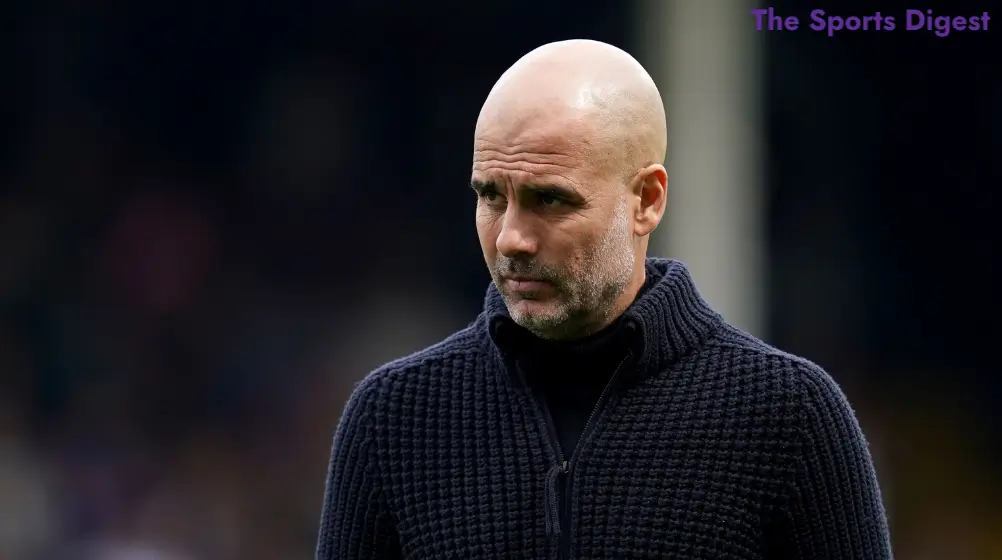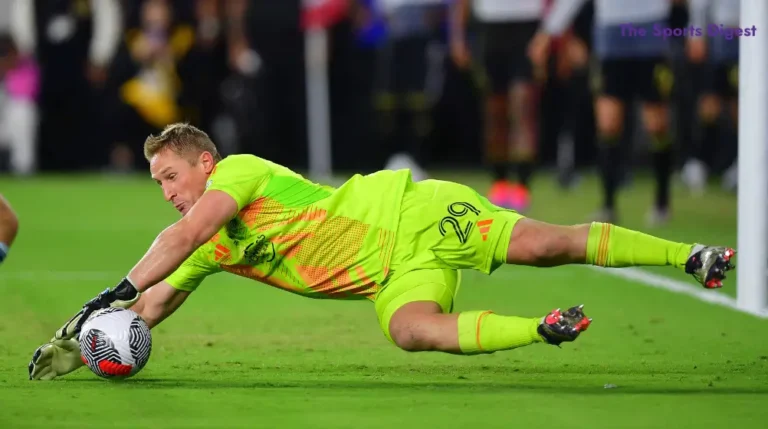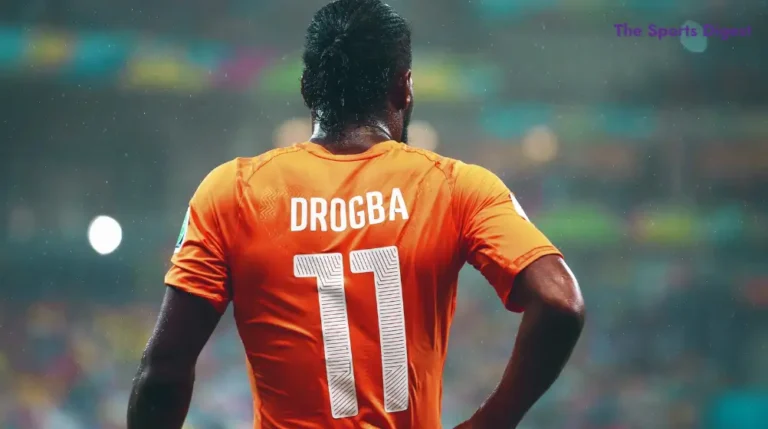Guardiola: Philosophy & Coaching Legacy
Pep Guardiola is widely regarded as one of the greatest football managers in history, thanks to his unique philosophy and tactical approach that has redefined modern football. His innovative strategies, emphasis on positional play, and ability to develop world-class teams have set him apart from his peers. Throughout his illustrious career, he has not only achieved remarkable success with clubs like Barcelona, Bayern Munich, and Manchester City but has also influenced the evolution of football tactics on a global scale. His leadership style, meticulous attention to detail, and insistence on high-intensity play have made him a reference for aspiring coaches.
Moreover, Guardiola’s ability to adapt and evolve his game plans has allowed him to maintain dominance in different leagues and competitions. In this article, we will explore his most notable quotes on his football philosophy and player management, highlighting the key lessons that can be drawn from his journey.
Table of Contents
Refusing to Criticize Players in the Media
One of Guardiola’s core principles is that he never attacks his players in the media, regardless of the circumstances. He strongly believes that maintaining internal unity and trust within the squad is essential for long-term success. His statement, “One thing I will never do throughout my career: I will never attack my players in the media. I will never do that, no matter what happens. Those who do that are trying to escape responsibility,” highlights his leadership philosophy, which prioritizes accountability and collective strength. Instead of shifting blame onto individuals, he takes full responsibility for the team’s performance, reinforcing a sense of solidarity.
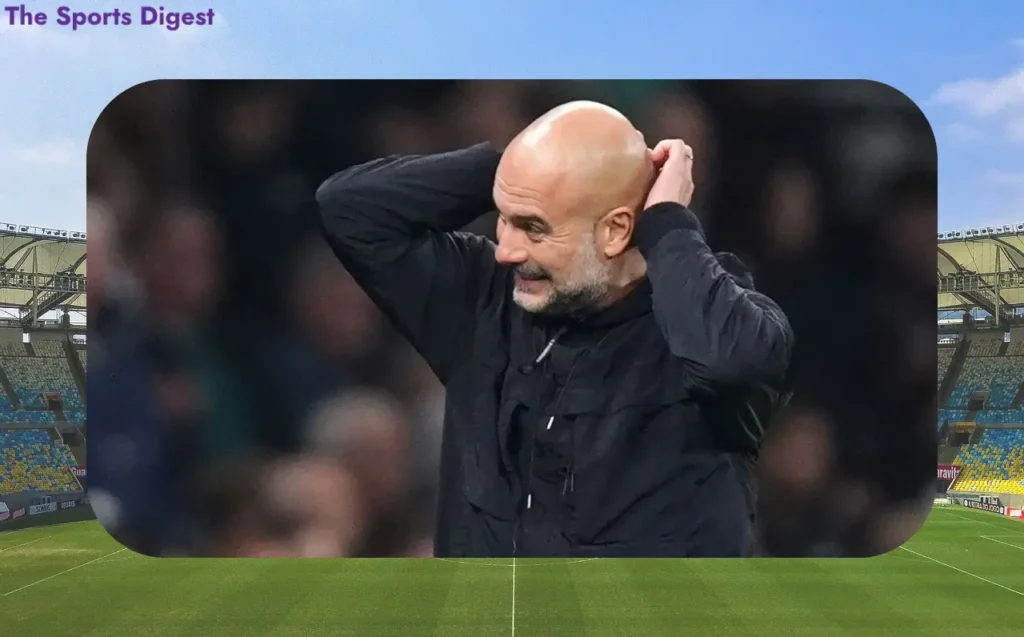
Guardiola understands that public criticism can damage a player’s confidence and disrupt team harmony, which is why he ensures that any issues are addressed privately within the dressing room. This approach not only fosters mutual respect between him and his players but also creates an environment where they feel protected, motivated, and willing to give their best on the pitch.
The Importance of Running and Tactical Discipline
Despite the differences in playing styles among coaches, Guardiola believes there is one constant in football: “Playing styles vary a lot, but there is one constant: running. If you don’t run enough on the pitch, you have a problem with me.”
This statement highlights the importance of physical effort and tactical discipline in his teams. He does not rely solely on skill but demands a high level of commitment from all his players.
The Influence of Lionel Messi on His Career
Guardiola has always been open about the significant role Lionel Messi played in his career, recognizing that having such a talent was a unique advantage. He stated, “I was very lucky in my career because I had Lionel Messi in my team for three years.” This acknowledgment reflects his deep appreciation for Messi’s extraordinary abilities, but it also highlights Guardiola’s humility in recognizing the importance of having world-class players.
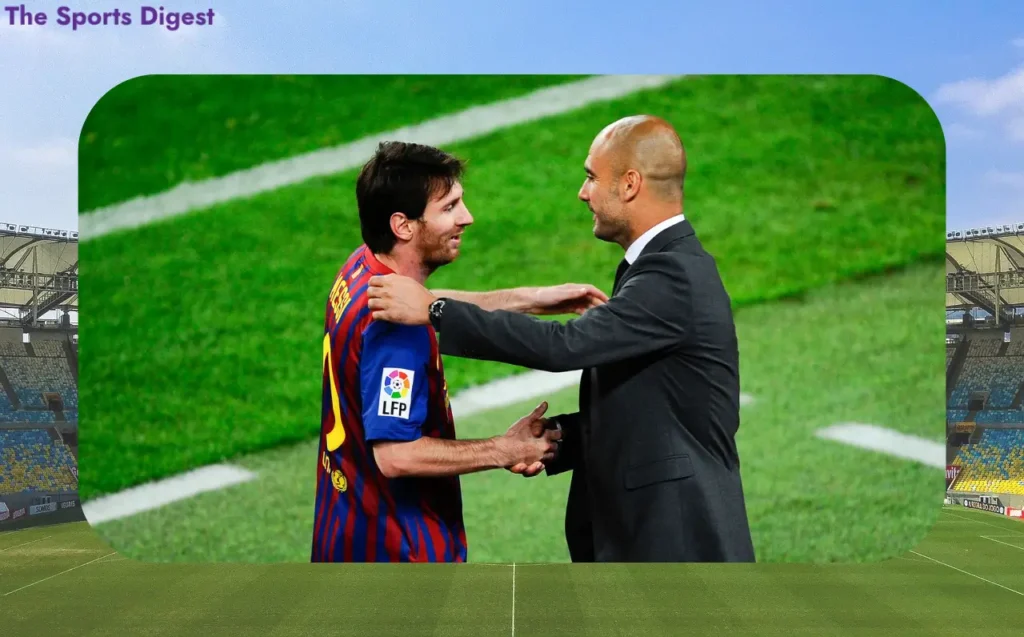
However, the quote does not undermine the impact of Guardiola’s coaching philosophy, which created the ideal environment for Messi to flourish. Guardiola’s tactical approach, focused on ball control, pressing, and positional play, was a perfect fit for Messi’s strengths, allowing him to reach his peak performance. The synergy between the two was crucial in bringing out Messi’s best, proving that great coaching can unlock the full potential of even the most gifted players. Ultimately, Guardiola’s philosophy and Messi’s talent combined to create one of the most successful periods in football history.
Learning from a Tough Season
Guardiola emphasizes that difficult experiences serve as valuable lessons for the future, shaping the team’s mentality and approach in the long run. He believes that setbacks are not just obstacles but opportunities to analyze mistakes, refine strategies, and build resilience. His statement, “What happened to us this season is a lesson for the club and the system for many years to come,” reflects his forward-thinking mindset and commitment to long-term success.
Instead of dwelling on failures, he encourages his team and staff to extract meaningful insights that can drive future improvements. This philosophy fosters a culture of continuous learning, where challenges are seen as stepping stones rather than roadblocks. By embracing this mindset, Guardiola ensures that both players and the entire club evolve, adapting to new circumstances and striving for sustained excellence.
The Essence of Guardiola’s Philosophy
Pep Guardiola is not just a coach; he is a football philosopher who sees the game from a holistic and strategic perspective. His quotes reveal three fundamental principles of his coaching philosophy:
- Collective commitment: Everyone is responsible for the team’s success, and no single player should be blamed.
- Effort and discipline: Without hard work and tactical adherence, success is unattainable.
- Continuous learning: Even in moments of failure, there is an opportunity to learn and improve.
Conclusion
Pep Guardiola is a role model in the world of football, combining tactical intelligence with the ability to inspire and motivate his players. His coaching philosophy goes beyond just winning matches; it is about building a cohesive, disciplined, and dynamic team capable of adapting to different challenges. His statements reflect his deep understanding of the game, emphasizing the importance of collective effort, strategic planning, and continuous improvement. Guardiola does not rely solely on individual talent but rather on a well-structured system that maximizes the strengths of his players while maintaining a high level of tactical discipline.
His emphasis on positional play, pressing, and ball control has revolutionized modern football and influenced countless coaches worldwide. Beyond tactics, he is known for his ability to instill confidence in his squads, pushing them to reach their full potential. His leadership style fosters a winning mentality, ensuring long-term success rather than short-term triumphs. There is no doubt that his philosophy will remain influential for decades to come, serving as an inspiration for both coaches and players alike.
Have you ever read an article like this?
There are no reviews yet. Be the first one to write one.
